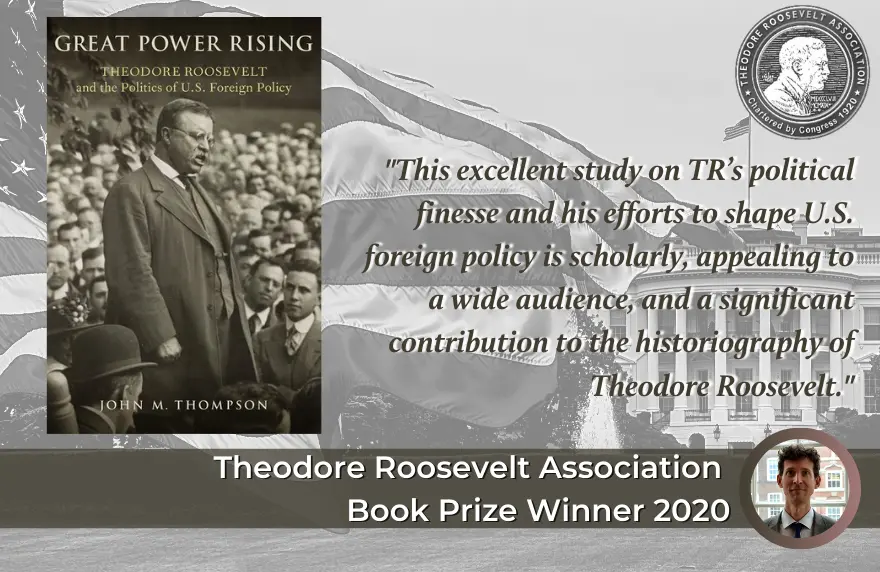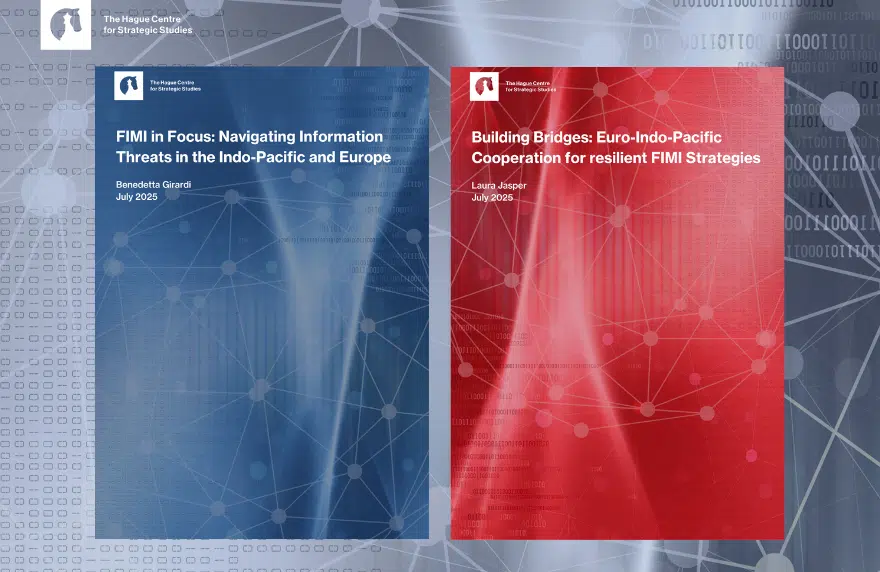In Kazakhstan, another potentially pro-democratic resistance appears to have been quelled. It seems, at least for now, to be another victory for the world’s autocrats. As such, many commentators have called on the Biden administration to act, if not to altogether deny a victory for Russian President Vladimir Putin and Kazakh President Kassym-Jomart Tokayev, then to at least spoil it.
In this and similar cases, the Biden administration would be wise to heed a different call: “Don’t just do something, stand there!”
Economic sanctions have been the first recommended “something” to come to mind for many, particularly the halting of foreign direct investment (FDI). “The West is the biggest source of Kazakhstan’s FDI. Global finance has changed the world yet we act like it’s still the mid-20th century,” read one tweet. Yes, all 1.8 percent of Kazakhstan’s GDP as of 2019.
Bilateral trade flows are the more relevant metric for economic leverage given that they accounted for 56 percent of Kazakh GDP in 2020. Here, Russia and China dominate.
Alternatively, we could consider FDI stocks. As the U.S. State Department reports, “As of January 1, 2020, the stock of foreign direct investment in Kazakhstan totaled USD 161.2 billion, including USD 36.5 billion from the United States, according to official statistics from the Kazakhstani government.”
However, FDI flows offer an apples-to-apples comparison to trade, also a flow. More importantly, FDI flows are far more tractable. Policymakers can often quickly freeze investment flows to particular destinations. Freezing or repossessing stocks is much more challenging, and in many cases impossible. After all, it is difficult to control or reclaim money that has been spent or laundered elsewhere.
In terms of arms flows — a major policy lever to build or constrain a country’s military might without a robust defense industrial base — Russia also dominates, accounting for more than 80 percent of arms transfers into Kazakhstan over the past two decades. And as the recent Russian-led Collective Security Treaty Organization deployment illustrates, the West’s other security-based tools, particularly those involving alliances, have little influence in Kazakhstan relative to those of the country’s illiberal neighbors, particularly Russia.
Using the Formal Bilateral Influence Capacity Index, a measure developed by our team at the Frederick S. Pardee Center for International Futures that combines several economic, political, and security-related instruments into a single measure, the data tell a simple story. Russia is far in the lead (possessing nearly three-quarters of all influence capacity in Kazakhstan); China a distant but influential second place (nearly one-fifth of influence capacity in the country); and all other countries, including the United States, a minimally-influential third.
The reality is that the United States “has no real leverage in Kazakhstan.” Resources instead must be focused on issues vital to the national interest. This will be at the expense of important but less vital events, especially those in areas of the world where the United States possesses few obvious comparative advantages relative to its adversaries or competitors.
The notion of “accepting the relationships that U.S. policymakers cannot change [and] refocusing on the relationships they can change” is a point that my colleagues and I have made before, but it is one that bears repeating given the human and financial consequences — “blood and treasure” in the policy world’s parlance. Those who deontologically call for significant U.S. action in the face of potential illiberal victories risk ignoring these costs and bankrupting the country — or at least squandering its resources in a similar fashion to that of the U.S. invasion of Iraq. A phenomenal blunder, the invasion and subsequent occupation came with substantial opportunity costs, squandering an opportunity to cement the liberal international order in a way that likely would have been possible only in that unipolar moment.
My colleagues’ forecasts of global power suggest a similar concentration of power — and thus, a unipolar moment — whether in American hands or otherwise, is highly unlikely to occur with our lifetimes. Yet, calls for an American-led response to the “crisis du jour” persist, as if the unipolar moment never ended.
What has unfolded in Kazakhstan in recent days is a human tragedy and a crisis for many. Certainly not for all or even most crises, but “Don’t just do something, stand there!” can be a useful mantra when other crises demand attention, resources are scarce, and potential courses of action lack any clear relative advantage or appeal over those of adversaries or competitors. Kazakhstan is such a place and its recent uprisings such an event.
Collin Meisel is senior research associate and Diplometrics Program lead with the University of Denver’s Frederick S. Pardee Center for International Futures and subject matter expert with the Hague Centre for Strategic Studies. Follow him on Twitter @CollinMeisel.
This op-ed was originally published in The Hill on January 14th, 2022.




